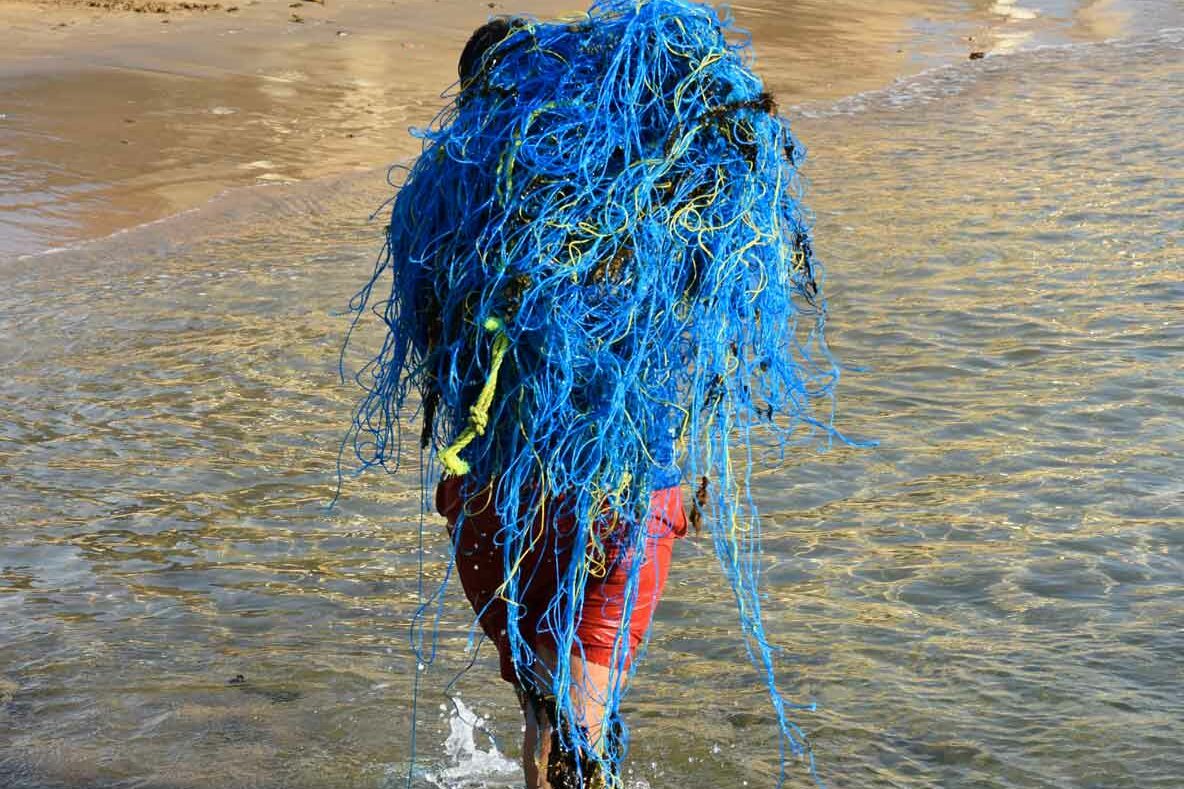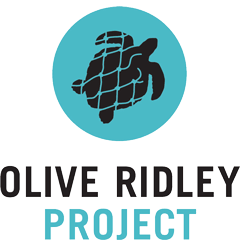There are 4 key ways to tackle ghost gear:
- Reducing the amount of gear lost in the first instance
- Removing ghost gear from the ocean/beaches/harbours
- Recycling and repurposing of retrieved ghost gear
- Rescuing injured animals from ghost gear
When possible, all efforts should go into developing solutions that will prevent gear loss in the first instance.
Here are some specific examples of how different stakeholders can tackle ghost gear:
- Better transparency when reporting abandoned, lost or discarded fishing nets
- Better communication between fisheries to reduce conflict and subsequent gear loss
- Avoidance of superfine and easily breakable fishing nets
- Proper disposal of worn out fishing gear Making repairing nets common practice
- Taking responsibility for own gear e.g. gear marking so it can be traceable
- Actively reporting and removing gear when found
- Use of GPS topographic maps to reduce frequency of snagging incidents
- Better enforcement to reduce illegal, unreported and unregulated fishing
- Be a part of a global effort. Ghost gear is a global issue so collaboration between governments is vital
- Banning or temporary closures of certain gear types, particularly in sensitive areas e.g. trawls, superfine gill nets, purse seine fisheries associated with drifting FADsHold responsible fisheries accountable
- Increase incentives for fishers to repair or recycle broken or worn out nets
- Increase incentives for fishers to bring back end of life fishing gear to port or beach side facilities
- Use of scientific research to inform decisions
- Use of more robust materials e.g. avoidance of superfine gill nets
- Implementing mitigation methods e.g. providing escape gaps in traps
- Implementing the use of biodegradable gear components into fishing gear design
- Continue to build baseline evidence e.g. where are the hotspots for ghost gear? How much ghost gear is there?
- Identify local/regional causes of gear loss e.g. through fisheries surveys
- Quantitatively assess the impact of ghost gear on marine life
- Reduce fish consumption if you are in the position to do so
- Make more conscious decisions when consuming fish e.g. actively avoiding fish caught by destructive fishing practices with high rates of gear loss
- Participate in clean ups e.g. beach cleans or ghost gear recovery whilst scuba diving
- Educate and spread awareness







